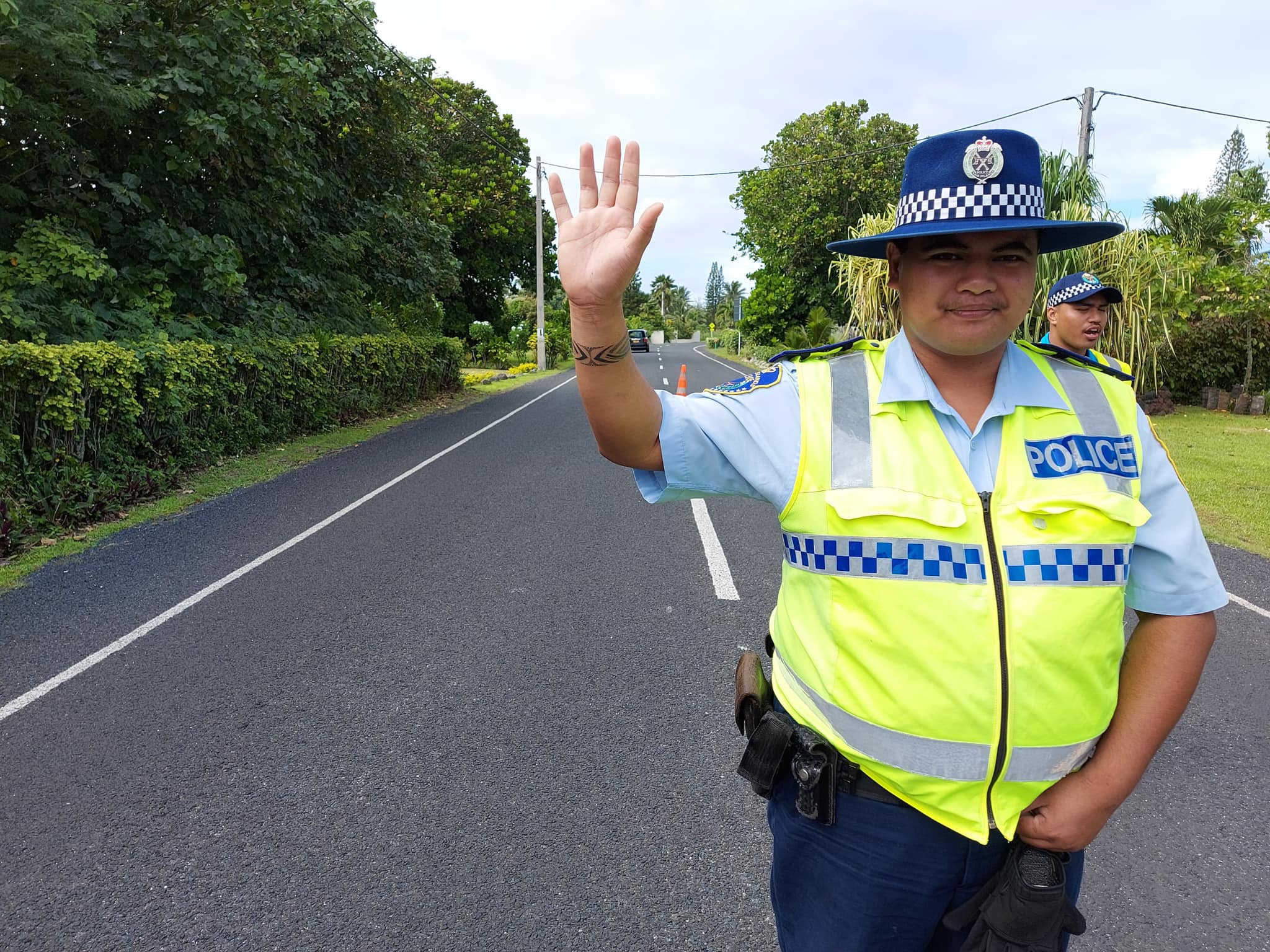Cops continue chasing unpaid fines in courts
Tuesday 28 February 2023 | Written by Al Williams | Published in Court, Crime, National

Authorities continue to target those who don’t pay their fines. 23022717
Seven motorists have been penalised and ordered to pay costs on top of unpaid traffic fines.
They were among close to 20 people who were called to court on Thursday for failing to pay fines.
Another seven motorists due to appear were not dealt with by the courts due to a variety of reasons, including incompletion of summons, or clarification about payment, police said on Monday.
Police confirmed three people had their charges withdrawn as a result of making payments.
Those who were penalised were ordered to pay $167.50 respectively, in addition to their original fines, and court costs, police spokesman Trevor Pitt said.
The minor offences included no warrant, no annual licence, no rear vision mirror, no safety helmet, and operating a mobile phone while driving.
Unpaid fines have been a hot topic of conversation in recent months as courtrooms continue to be clogged with climbing numbers of people who haven’t paid their fines.
Just last week, defence lawyers Norman George and Mark Short slammed the speeding ticket process.
George expressed outrage as he viewed a $150 minor offence notice before a Criminal Court sitting at the Ministry of Justice building in Avarua on Thursday.
His sentiments were shared by Short, both saying too many young people are being unfairly targeted in a campaign by police to curb speeding motorists in 30 km/h zones on the island.
Those booked with exceeding the speed limit have “a complete defence against proceedings if the minor offence fee has been paid to the correct office of the Cook Islands Police before or within seven days after you have been served with the notice”.
Those issued with the infringements are given seven days to make payment and are liable to prosecution “and upon conviction be liable to a fine”. George described the system as a punishment rather than a defence.














































